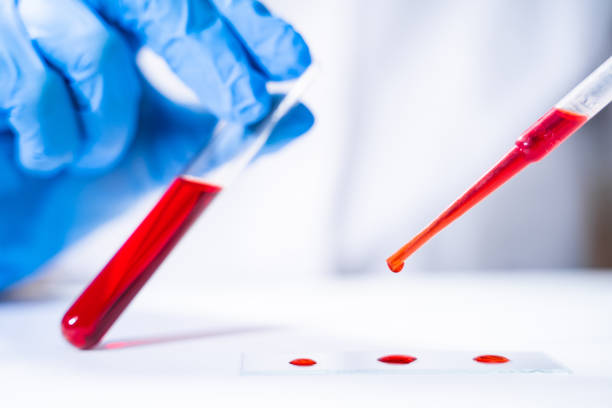What is the CRiB Blood Group
The CRiB blood group is classified as the “rarest of the rare” blood types globally, with fewer than 50 documented cases worldwide. It is neither A, B, AB, or O, nor does it fall under the Rh-positive or Rh-negative categories. This ultra-rare blood group is defined by the Cromer antigen system, specifically linked to the absence or mutation of certain blood antigens, making it almost impossible to detect with standard tests.
India’s First CRiB Blood Case Shocks Healthcare System
India’s first CRiB blood group case emerged in Bengaluru, Karnataka, when a female patient consistently failed to match any existing blood types during a critical transfusion situation. Despite multiple attempts and cross-matching procedures, no compatible blood could be found. Specialists finally sent the sample for advanced immunohematology testing, which confirmed it as a CRiB blood type – associated with the Cromer antigen group.
This incident uncovered not only the limitations of India’s blood banking system but also sparked immediate alerts across hospitals and diagnostics nationwide
Why is CRiB Blood Group Life-Threatening
The CRiB blood group presents several severe medical
Symptoms of Mismatch or Reaction in CRiB Patients
If a CRiB blood group patient receives mismatched blood, they may experience:
- Sudden high fever and chills
- Nausea, vomiting, and dizziness
- Chest pain or rapid heartbeat
- Jaundice due to breakdown of red blood cells
- Kidney failure in extreme cases
Immediate medical response is critical
What Doctors Say
“CRiB patients must only receive fully matched, antigen-specific blood. Even a small mismatch can be fatal — Dr. Subhash Sharma, Transfusion Expert
They should carry their blood history and ID at all times. One mistake can cost their life — Dr. Samiksha Jain, Blood Safety Specialist
Precautionary Measures for CRiB Blood Group Patients

Because of the rarity and danger involved, CRiB patients must follow these safety protocols:
- Carry a Medical ID Card clearly stating your blood group as CRiB.
- Inform Doctors Ahead of Time if planning any surgery, delivery, or treatment.
- Join a Rare Donor Registry to help locate matches in advance.
- Coordinate with Blood Banks and hospitals for potential storage and cross-matching.
- Keep Your Medical Records Handy in both physical and digital formats.
What This Means for India’s Health System
The emergence of the CRiB blood group has exposed gaps in India’s blood donation and emergency transfusion protocols. Here’s what needs immediate attention:
Systemic Reforms Required
- Establish a National Rare Blood Donor Registry
- Implement Molecular Typing Technology for deeper blood group analysis
- Setup Rare Blood Storage Units in metro hospitals
- Conduct medical staff training on rare blood group emergencies
- Launch awareness campaigns about rare blood groups and responsible donation
Rare Yet Real Understanding the Danger
Though rare, CRiB blood group is very real and life-threatening if not handled with precision and preparedness. Most people do not know their full antigen profile, and even blood banks lack infrastructure to test for rare antigens like Cromer
This story serves as a wake-up call for
- Health professionals
- Blood bank managers
- Medical policymakers
- General public and donors
Conclusion CRiB is Not Just Rare It’s a National Alert
The discovery of the CRiB blood group in India is more than a medical curiosity—it is a call to action. From building rare donor databases to educating the public, the healthcare system must evolve fast. One case has already exposed systemic weaknesses. More will follow if no action is taken. For CRiB patients, vigilance is not optional; it is survival.
Disclaimer
The tips and suggestions mentioned in this article are intended for general informational purposes only. Before starting any fitness program, making changes to your diet, or trying any remedies related to health conditions, please consult your doctor or a qualified healthcare professional. Dr. You does not verify or endorse the authenticity of any such claims made herein

